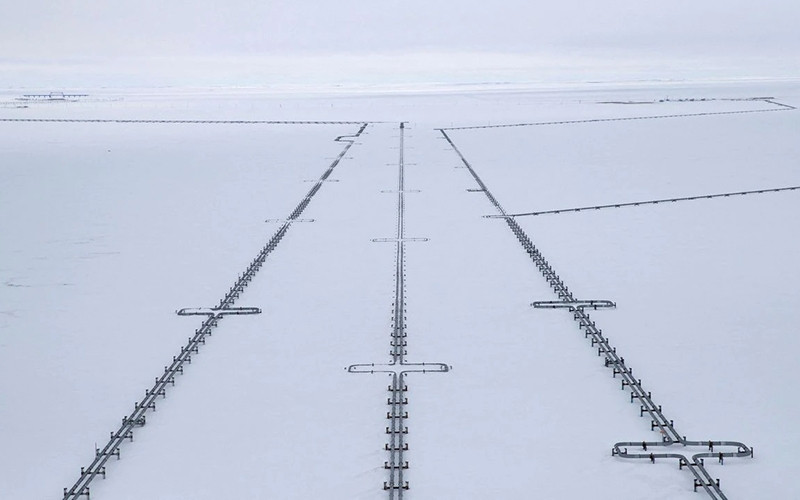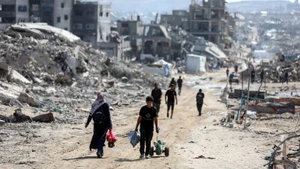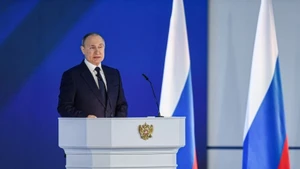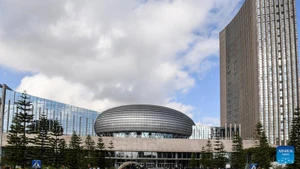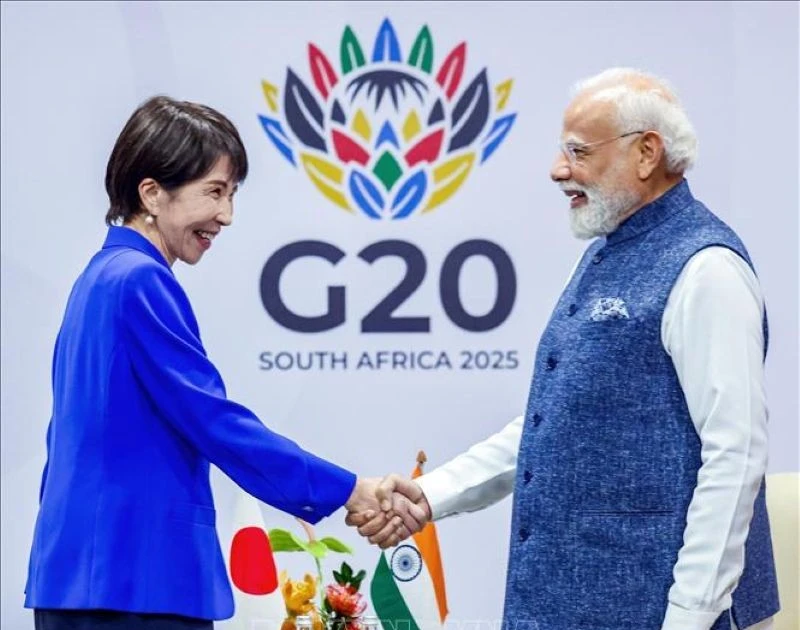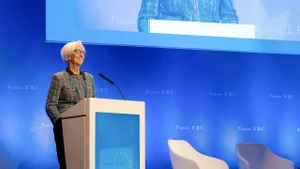The UK has said it will gradually reduce and end oil imports from Russia, by the end of the year, while the European Union (EU) countries, also aim to reduce their gas imports from Russia by two-thirds.
After US President Joe Biden officially announced a ban on Russian oil imports, the price of Brent oil increased by 6.8%, to 131.63 USD per barrel, while the price of US WTI oil increased by 6.7%, to USD 127.44 per barrel. In the US, gasoline prices have reached a record high, surpassing the threshold of 4 USD per gallon (3.78 litres), an increase that is assessed to threaten the stability of the world's number one economy, pushing inflation to increase and significantly affect the lives of the people. According to 2021 figures, about 8% of US crude oil and petrochemical products were imported from Russia.
As a country that consumed about 18.2 million barrels of oil per day in 2020, mainly for transportation, electricity generation and heating, the US cannot avoid difficulties when being caught in an “oil war” with Russia.
Although President Biden has announced that he will open a strategic petroleum reserve, which currently has about 727 million litres of oil, experts still believe that this move cannot immediately help to cool down oil prices. Petrochemical companies have had to cut output for more than two years, as the shuttered economies have yet to return to production at pre-pandemic levels.
Since the beginning of 2020, oil and gas production in the global market has decreased by about one million barrels per day, while the US itself produces only about 19 million barrels of refined oil per day. In order to relieve the fear of affecting crude oil supply, the US administration is intending to negotiate to increase oil supply from major oil producing countries, such as Venezuela, Iran and Saudi Arabia, in the near future.
The UK has announced that by the end of this year it will phase out oil and petroleum products imported from Russia, which accounts for 8% of the UK needs. However, the UK’s sanctions do not apply to natural gas imported from Russia, which accounts for about 4% of supply within the country. The UK said it is studying options to completely stop importing this item.
Although the UK Government’s measure is considered to have the risk of exacerbating the cost of the price crisis in the country, with gasoline and diesel prices soaring, amid market turmoil, the UK still shows signs of optimism when saying that most of the imported crude oil comes from reliable partners such as the US, the Netherlands and the Gulf countries.
Meanwhile, the European Commission (EC) announced a plan to cut gas imports from Russia by two-thirds this year and end its dependence on fuel supplies from Russia before 2030, and switch to alternative sources and expand clean energy faster than planned. The Italian Prime Minister had a phone conversation with the President of Azerbaijan, about energy cooperation, in the context of Italy importing gas from Azerbaijan through the Trans Adriatic pipeline.
Many European businesses, including British Petroleum (BP), announced that they would not sign new contracts to buy Russian oil and gas, but left open the possibility of abandoning this policy, if there was a threat to the security of energy supplies for consumers. TotalEnergies SE also announced an end to its purchases of Russian oil, noting that one of the company's refineries in Germany is continuing to receive Russian crude oil, as there is no alternative.
Analysts said that the decision of the US and its allies to sanction Russia’s oil sector, will increase the impact on the global economy after the world has had a supply shortage and prices have escalated due to the impact of the COVID-19 pandemic. As the world’s largest exporter of oil and natural gas, Russia plays an important role in stabilising energy markets.
Although the US is not Russia's top oil customer, its allies appear to be under unprecedented pressure, to move their economies away from dependence on Russian energy.
